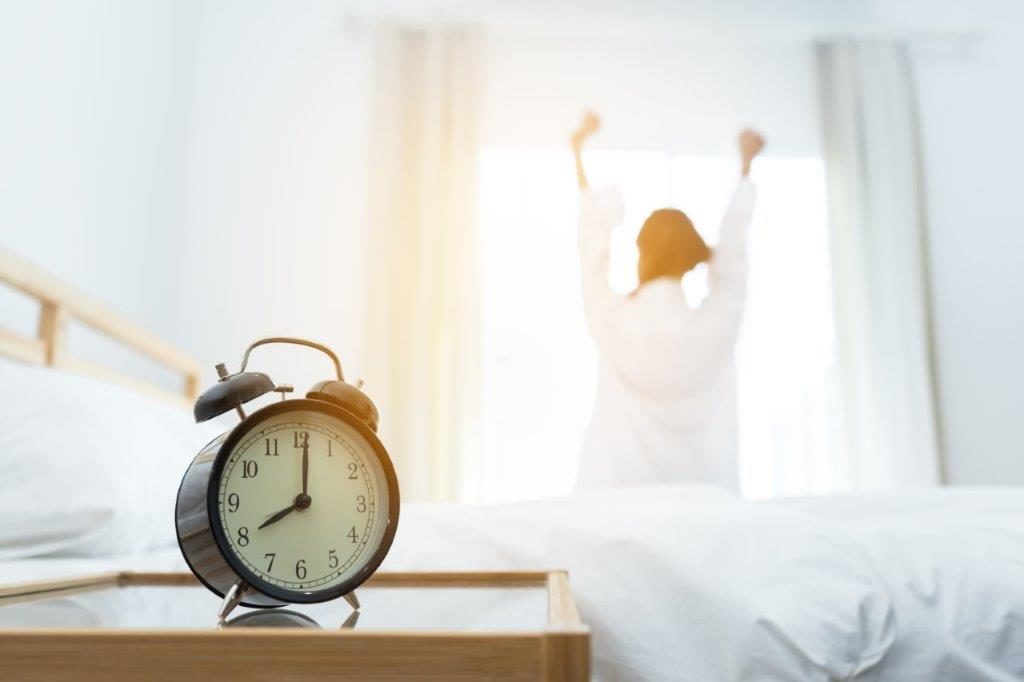
Fatigue: What’s causing it and how do you stop it?
Does this sound familiar: no matter how much sleep you seem to get, throughout the day you still find yourself yawning and lacking energy? According to the Royal College of Physicians, there’s a good chance that you do; one in ten people deal with this kind of prolonged fatigue.
It’s so common it has its own acronym: TATT, which stands for „tired all the time”. So if it’s not caused by a lack of sleep, then why are you so exhausted? And more importantly, how can you prevent it?
There are a number of possible answers to those questions, but it’s important to note that if fatigue is concerning you, it’s a good idea to go to the doctor. Although it’s uncommon, TATT can be a sign of diabetes, an underactive thyroid gland, anaemia or several other conditions. Sometimes it’s better to be safe than sorry!
Why are you fatigued?
Talking to NHS Choices – the website of the UK’s National Health Service – London GP Dr Rupal Shah said that tiredness is one of the most common issues she deals with. „It’s unusual to find anything physically wrong. Most of the time, fatigue is linked with mood and the accumulation of lots of little stresses in life,” she said.
Indeed, stress, anxiety and depression are all potential issues that can make you feel more tired throughout the day. They can also prevent you from getting a good night’s sleep, which will obviously make matters much worse.
However, there are other lifestyle issues that could be impacting your energy levels. For example, do you drink alcohol before bed? That nightcap might be affecting your sleep, as it stops you from dropping off as deeply. This means that even if you get your full eight hours, you can still wake up sleep-deprived.
Then there are little things that all contribute. Do you spend a lot of your day sitting down? Many of us do, due to working in offices behind a desk all day. Sitting still for all that time causes your body to interpret the lack of movement as you trying to go to sleep, so it will make you feel tired.
If you have poor posture while sitting down, this can also contribute. If your spine is out of alignment, your muscles end up overcompensating. Sit up straight to avoid this.
Then there is the winter in general. The long, dark nights lead to the body’s sleep cycle getting out of sync, which is another thing that can contribute to fatigue. A lack of fresh air and sunlight also contribute, so if you spend all your time indoors you can end up feeling exhausted despite not doing any exercise.
How can you prevent tiredness?
There is no magic pill that will make you feel less fatigued. Even downing cups of coffee will do no good; caffeine doesn’t actually give you any more energy, although it does slow down the rate at which you tire. However, there are many good habits you can take up that will help you feel more energised:
- Drink plenty of water. One possible cause of tiredness is mild dehydration, so a glass of H2O can have you feeling more energetic.
- Avoid junk food. Anything high in sugar will make you feel more energetic in the short term, but then you will crash and feel more tired than before. For long-term energy, make sure you’re getting a balanced diet with plenty of fibre and whole-grain carbohydrates.
- Go for a walk. Exercise might seem like the last thing you want to do when you’re tired, but getting some movement fresh air and sunlight is exactly what your body needs to wake up. Even a 15-minute walk can have significant effects, leaving you with more energy than when you started.
If you find that your fatigue is connected to worrying, either because it’s keeping you up at night or because it’s sapping your energy, then try getting into some kind of meditation or yoga. Emptying your mind will relax your body, and without all that stress you’ll find you have more energy for the rest of your day.



